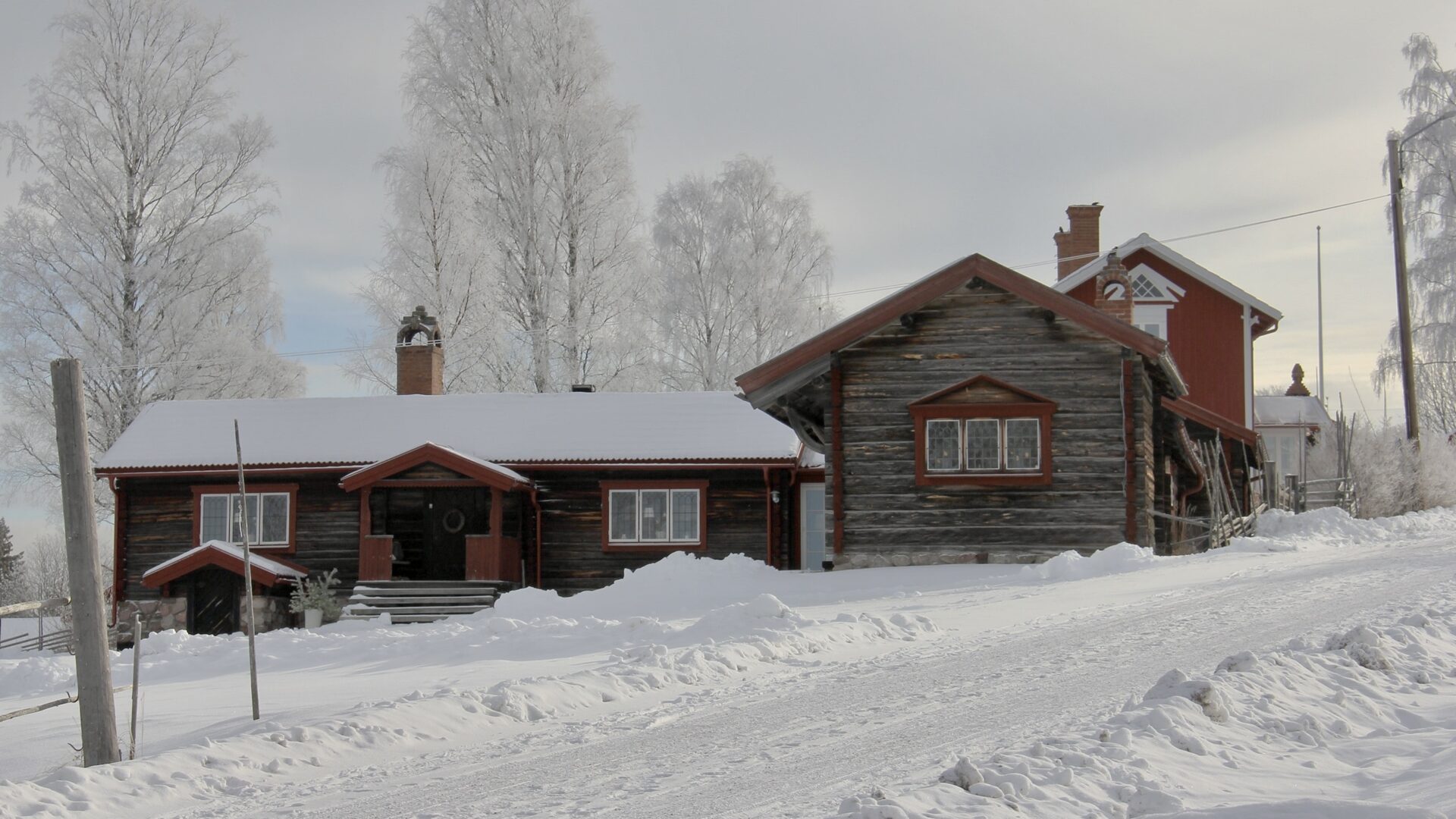
Preparing for a power outage, especially an extended one, is much like preparing for other disasters or emergency situations. Taking these steps beforehand can ensure that you have everything you need to make it through an outage safely.
- Be safe – When the lights don’t turn on, many people look to generators and other fuel-powered devices. If you’re using one of these, make sure there are working battery operated CO (carbon monoxide) monitors near every bedroom. Never run combustible equipment indoors and do not use your oven as a heater. Never plug a generator into an electrical outlet: This could cause backfeed, sending electricity out to the powerlines, which could result in serious line worker injury or death.
- Make a plan – Create a communication process to account for everyone in your household. (Two-way radios are great for this!) Neighbors can be a key resource — include them in your plan and make sure to check in on each other.
- Forecast and prepare – Winter storms are often forecasted. When one is predicted for your area, prepare accordingly:
- Make sure your vehicle’s tank or battery is full.• Have extra jugs of potable water and non-perishable food items.
- Make sure you have enough prescription medications to last the storm.
- Conserve your phone’s battery power throughout the event and make sure external battery packs are charged.
- Have spare batteries on hand for flashlights, lamps and other devices.
- Layer up, stay dry and stick together. Set up a tent indoors, sleep and gather near each other to retain heat.
- Prep extra seasoned wood if you have a fireplace or woodstove.
- Prepare for your pets, too.
- Have activities prepared, especially if you have children.
- Know what your resources can handle – It’s likely that only a small portion of your home will need to be heated, such as the living room. Keep this in mind if you plan to purchase or set up a generator.
- Winterize your home ahead of time – Follow the DIY tips in our winterization blog post or have a contractor insulate and air seal your home. You’ll be more comfortable and lower your bills right away, and be better prepared for the next outage.
- Educate – Many communities have a disaster preparedness team. Check to see what resources are available in your area, then share that information with neighbors and friends.
Download a PDF with these tips in English or Spanish.